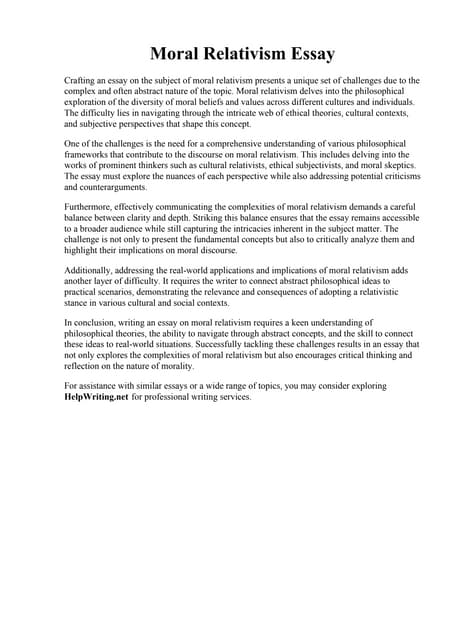Philosophy, so taught Plato, means ‘love of wisdom’. And from the Buddha, to Kant and Einstein, there’s barely a thinker dead or alive who hasn’t extolled its virtues. But for a concept so omnipresent, there’s a surprising lack of clarity over what wisdom is and who might have it, argues Auguste Comte Chair in Social Epistemology, Steve Fuller. ‘Wisdom’ has a highly troubled past, is used to justify lazy prejudice, and should be taken off the pedestal that we’ve placed it on. ‘Philosophy’, so Plato taught us, means ‘love of wisdom’. Yet, ‘sophia’, the Greek word for wisdom, is also the root of such anti-philosophical words as ‘sophistry’ and ‘sophism’. Similarly, the English word ‘wisdom’ shares its roots with the Americanism ‘wiseguy’. The French word ‘savant’ has similar Janus-faced connotations, as any Enlightenment thinker could have told you. Clarity about the nature of wisdom is not helped by its relative absence as a topic in modern Western philosophy…
Read the full article which is published on IAI TV (external link)







